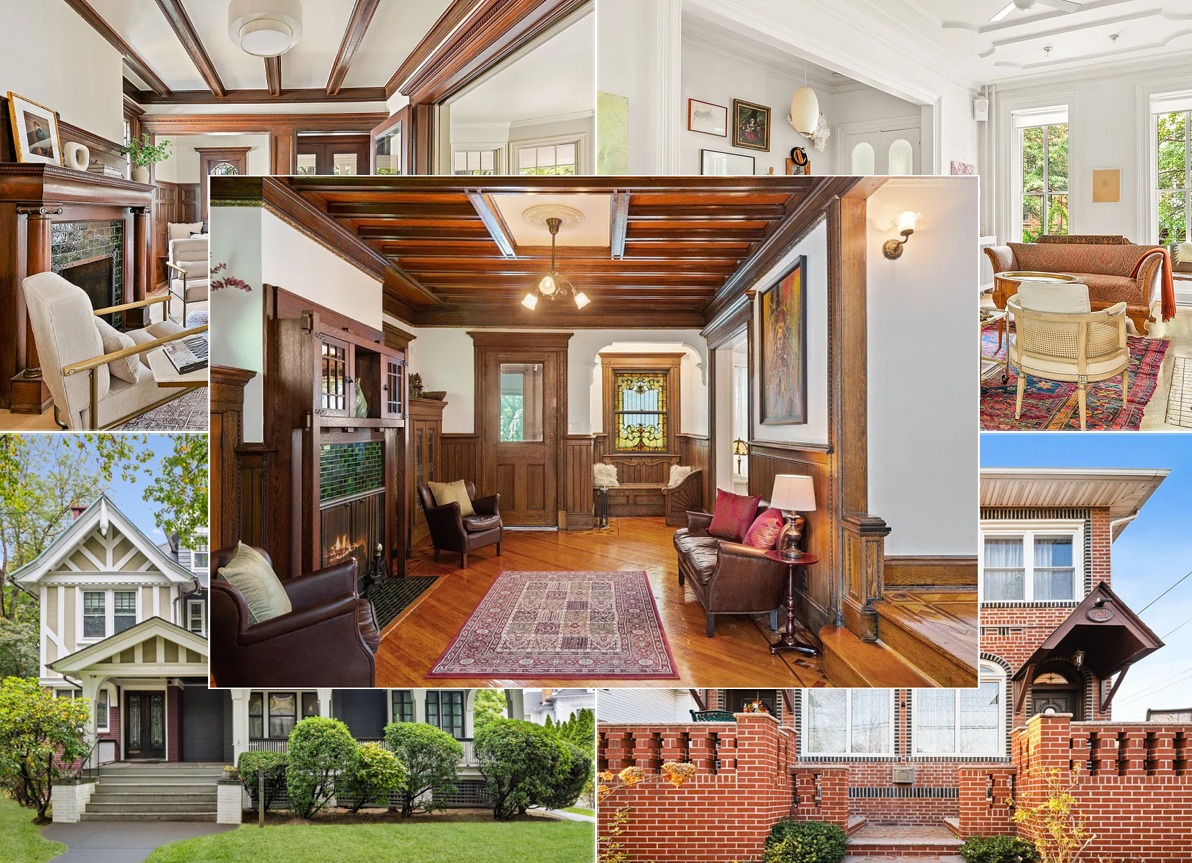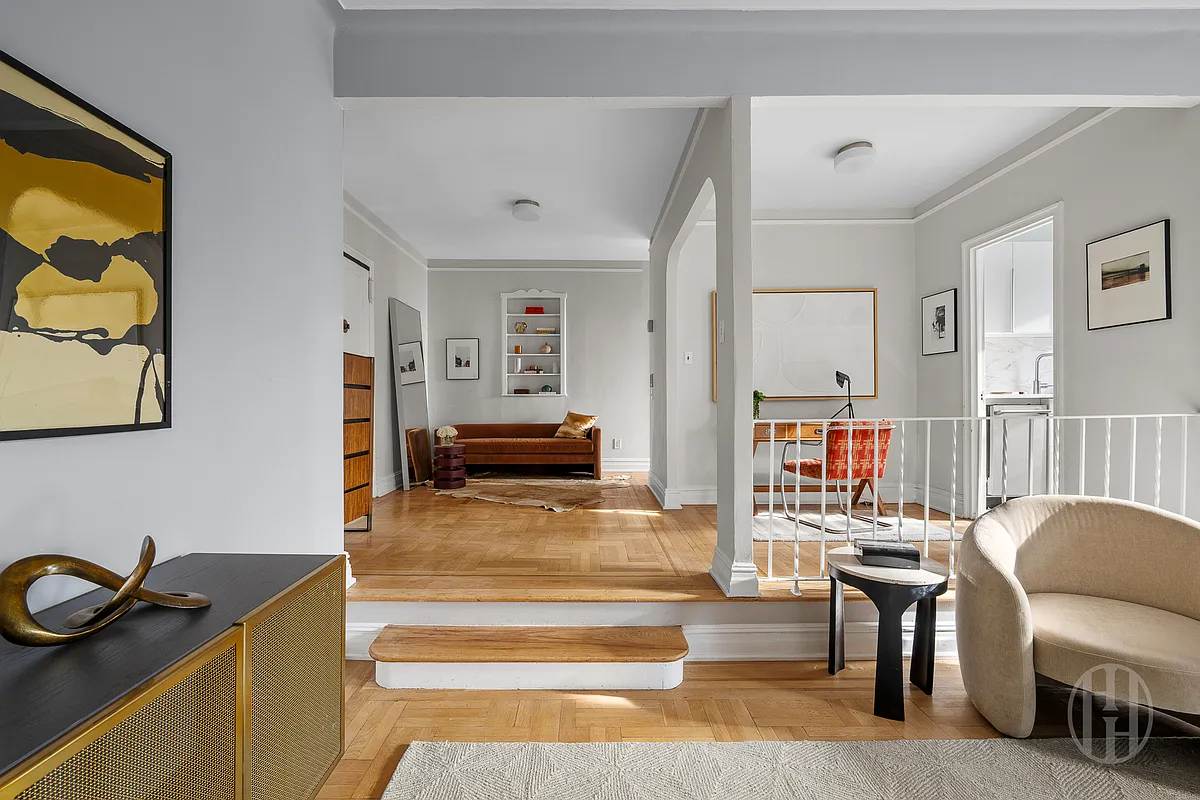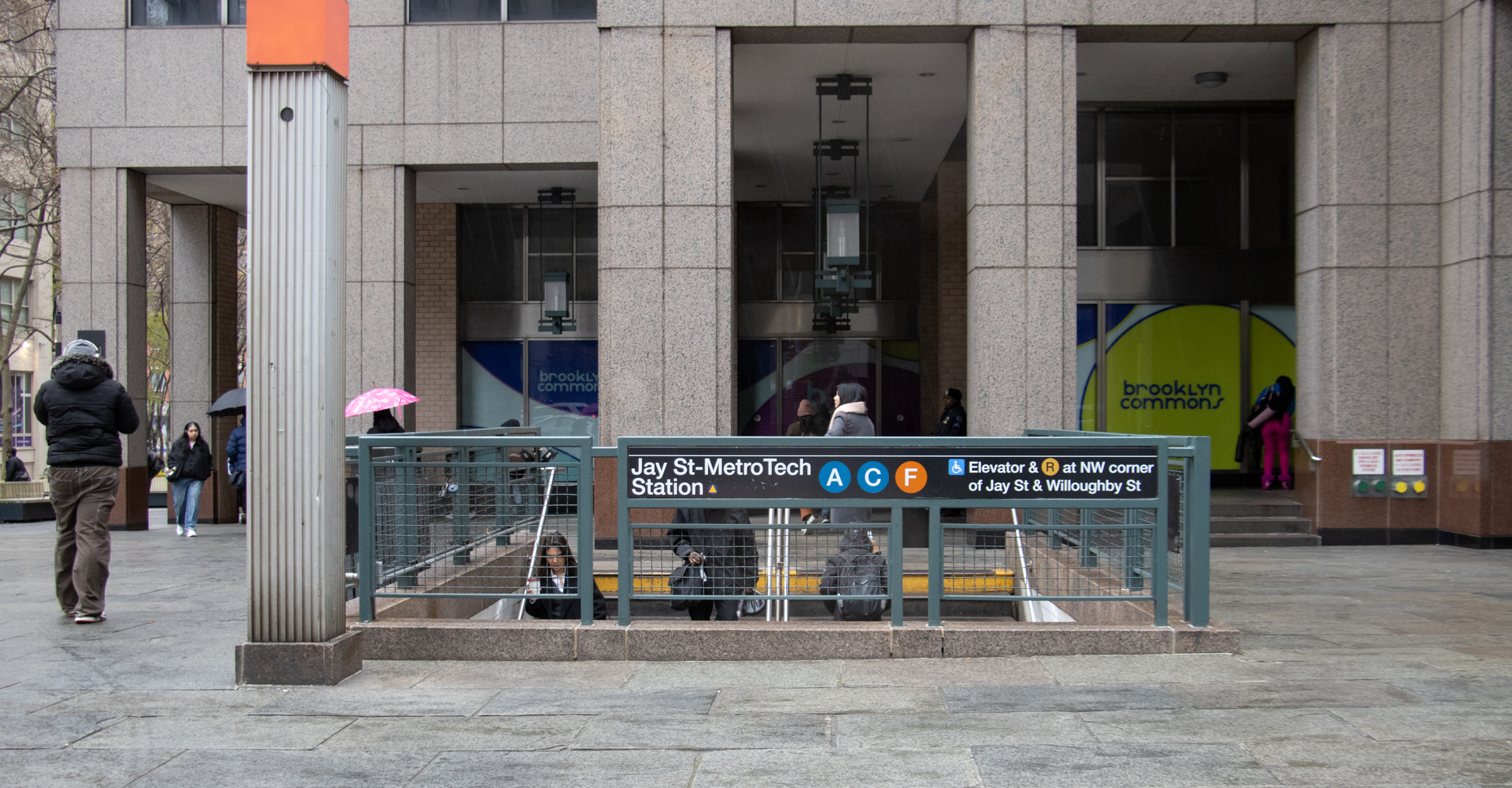Rent-Stabilization Hike: Lose-Lose?
At the conclusion of the typically rowdy Rent Guidelines Board meeting last night, the board authorized increases of 4.5 percent on one-year leases and 8.5 percent on two-year leases for the city’s 1 million rent-stabilized apartments. The hike was the largest one in almost two decades, but many landlords were unhappy with the decision, saying…

 At the conclusion of the typically rowdy Rent Guidelines Board meeting last night, the board authorized increases of 4.5 percent on one-year leases and 8.5 percent on two-year leases for the city’s 1 million rent-stabilized apartments. The hike was the largest one in almost two decades, but many landlords were unhappy with the decision, saying operating costs (especially fuel charges) have skyrocketed. “I am not satisfied with what we have at all,” said one landlord quoted in the Sun. According to the Times, the Rent Stabilization Association, which represents thousands of landlords, had been pushing for increases of between 10 and 15 percent. The board gave another concession to landlords in the form of a supplemental monthly rent increase of $45 for one-year leases or $85 for two-year leases for tenants who have lived in stabilized units for more than six years. Tenants, of course, expressed frustration with the board’s decision. The point we’re making is that this is a charade, Michael McKee, the treasurer of Tenants Political Action Committee, is quoted as saying in the Times. This was a done deal from the beginning. Before the meeting last night, Council Speaker Christine Quinn held a rally in support of a bill before the Legislature that would restructure the Rent Guidelines Board (which is solely comprised of members appointed by the mayor) and deny rent increases for one year on any unit with serious violations.
At the conclusion of the typically rowdy Rent Guidelines Board meeting last night, the board authorized increases of 4.5 percent on one-year leases and 8.5 percent on two-year leases for the city’s 1 million rent-stabilized apartments. The hike was the largest one in almost two decades, but many landlords were unhappy with the decision, saying operating costs (especially fuel charges) have skyrocketed. “I am not satisfied with what we have at all,” said one landlord quoted in the Sun. According to the Times, the Rent Stabilization Association, which represents thousands of landlords, had been pushing for increases of between 10 and 15 percent. The board gave another concession to landlords in the form of a supplemental monthly rent increase of $45 for one-year leases or $85 for two-year leases for tenants who have lived in stabilized units for more than six years. Tenants, of course, expressed frustration with the board’s decision. The point we’re making is that this is a charade, Michael McKee, the treasurer of Tenants Political Action Committee, is quoted as saying in the Times. This was a done deal from the beginning. Before the meeting last night, Council Speaker Christine Quinn held a rally in support of a bill before the Legislature that would restructure the Rent Guidelines Board (which is solely comprised of members appointed by the mayor) and deny rent increases for one year on any unit with serious violations.
Board Backs Rise in Rent Up to 8.5% [NY Times]
Rent Increases Are Approved For Stabilized Apartments [NY Sun]
Photo by richarddavis.





The idea that 1 million different apartments could be given a blanket mandate of “appropriate” rent increase based on some generalized cost increases is absurd beyond belief and a relic of ignorant thought that for some reason NY clings to. No one should be satisfied until the rent guidelines board is dissolved and the entire system of shortage inducing price controls is abolished forever!
9:28 Your mother is living off of someone else’s back. Why don’t you subsidize her living arrangement? Why does some landlord have to do it?
It’s beyond me how renters can complain (note I rent in a 3 family house and am not stabilized).
It’s insane that people think they should have an inalienable right to artificially low rent in the Capital of the World.
No one has an automatic right to live in NYC. Why this law that was put in place as a war time measure has been allowed to continue all these years is beyond me. Why should property owners subsides artificially low rents for those who could afford market rate?
Did anyone see the end of that horrific thread yesterday where Biff went completely insane???
Does anyone know what the increases for rent CONTROLLED tenants was?
Is it the same as rent stabilized?
I lived in Boston when Massachusetts rent control went out the window across the state. Here’s what happened:
— Elderly tenants had to move out of my building. (After some tried to save money by sitting in the dark and saving on electricity.)
— Individual apartments got filled by three and four roommates who could afford the escalating rents, making the building denser, dirtier, and noisier.
— Yearly increases created a transient environment as people rotated in and out; neighbors didn’t know each other any more; for the first time, crime began to occur in my building and others nearby, because people didn’t know who belonged or not.
— In nearby Cambridge, the school system lost 25 percent of its kids because so many parents could no longer afford to live there.
And no, I don’t live in a rent controlled or stabilized apartment here in New York or support guidelines for personal reasons. I’ve just seen the adverse impact of deregulation first hand.
In public housing, your income is reviewed and your rent goes up or down, depending on your income. I think tenants in rent stabilized and controlled situations should also be subject to the same financial review. At the very least, it would mean that those with lower incomes get to stay, and those with higher incomes would have the option of moving or taking an increase in rent. For those landlords housing tenants on the lower income scale who are still regulated or controlled, how about a property tax rebate incentive on a sliding scale basis?
So basically, 9:22 #1, purge the poor. You’re such a yuppie. So am I.
9:28, yes, your mom sounds like someone whose financial situation would warrant a rent stabilized or controlled apt. As I said, if the need is there, the apt. should be available. But every apt. occupied by someone who can afford market rate is another unit that goes to someone who no longer needs it.